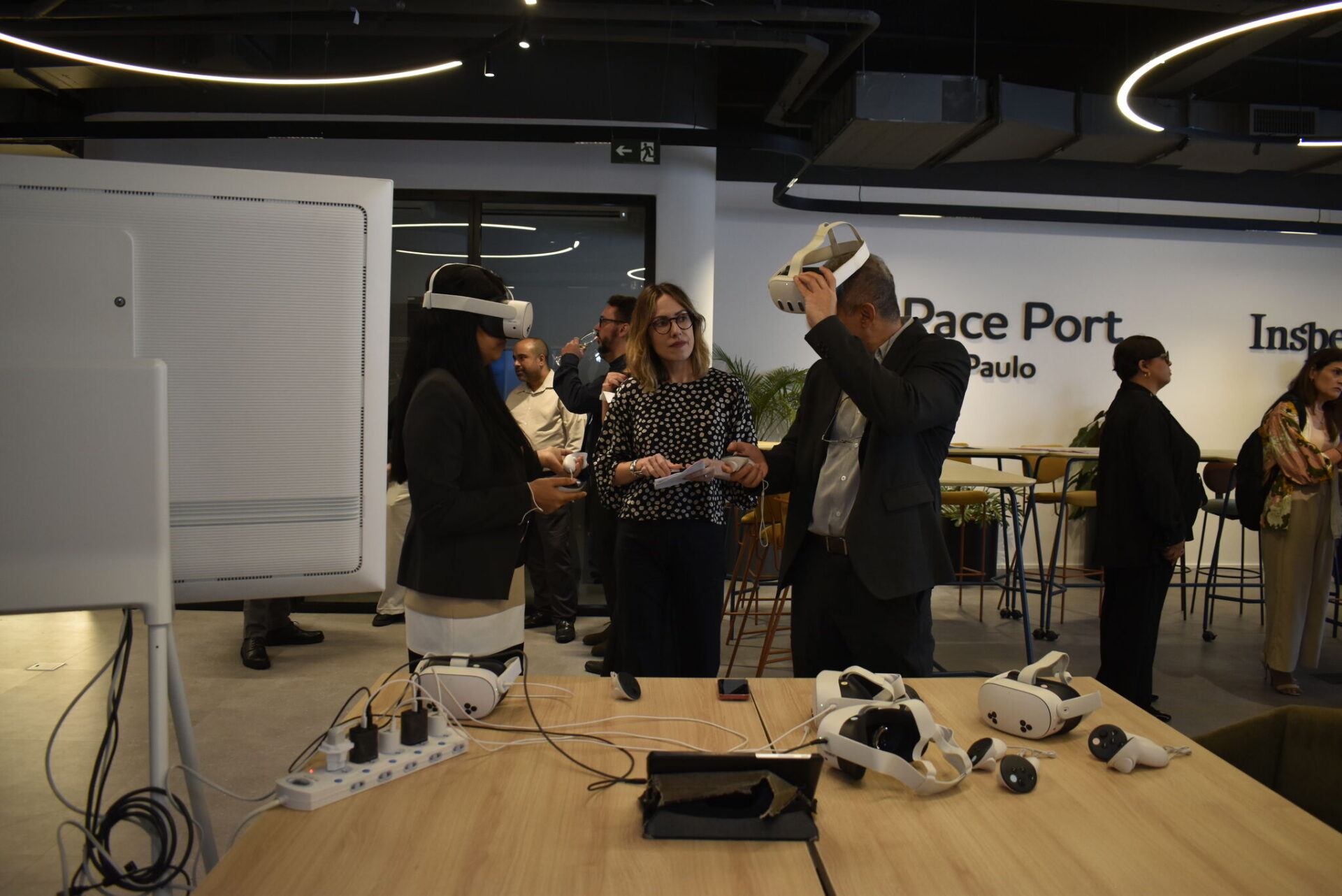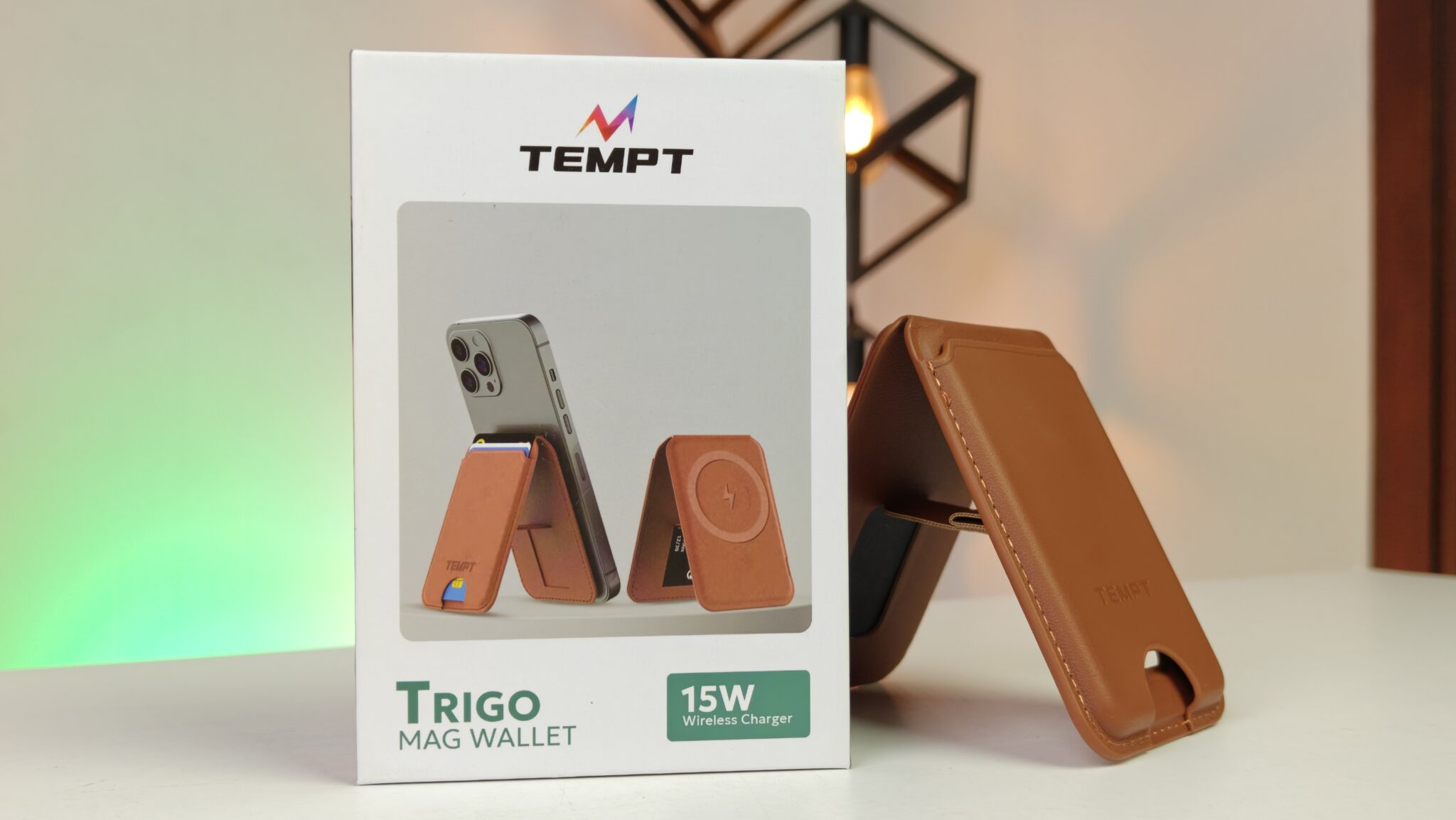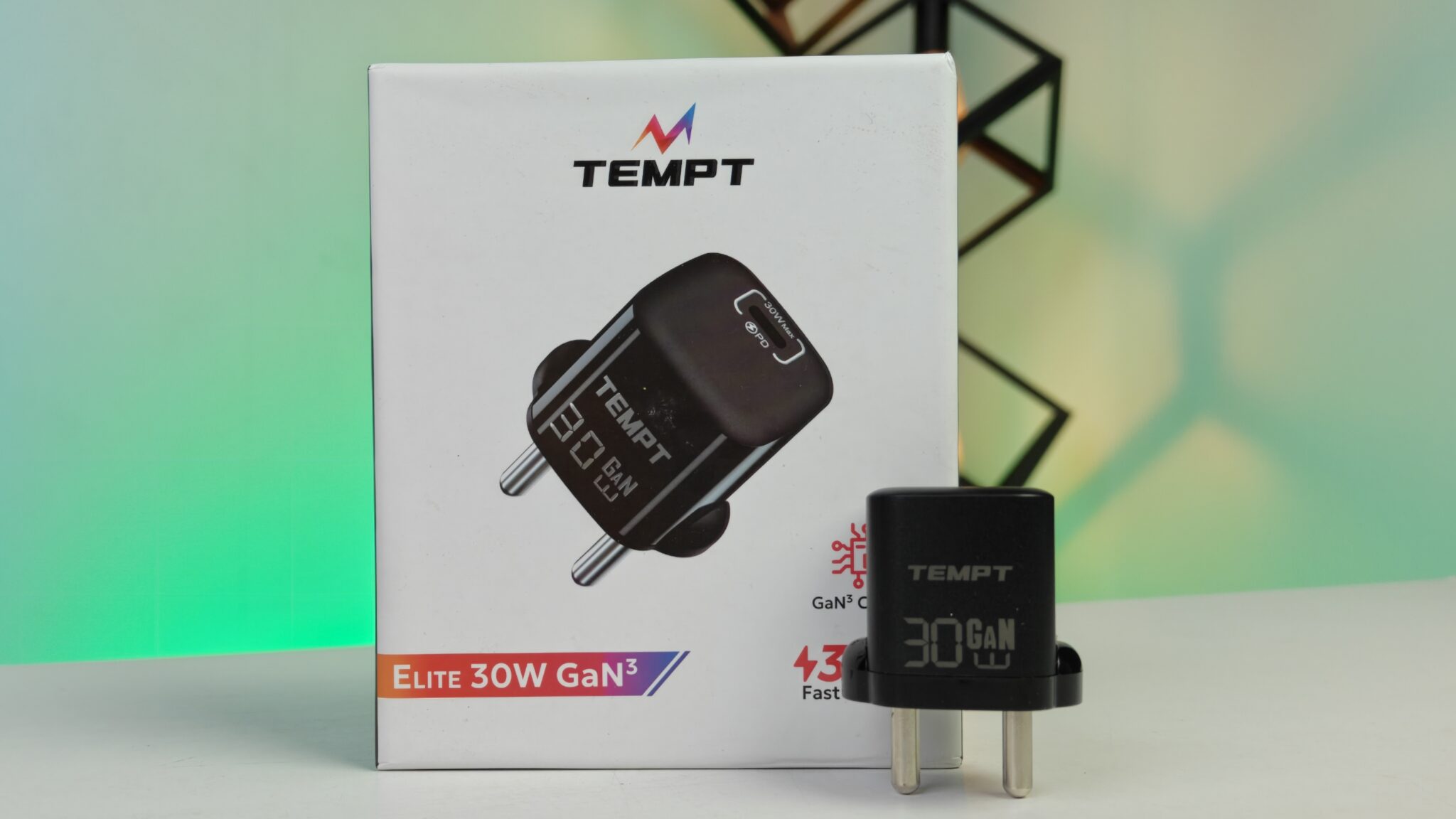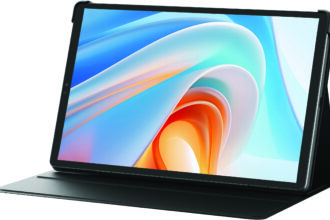Tata Consultancy Services (TCS), the Indian multinational IT services and consulting giant, has inaugurated its AI-Powered Research & Innovation Centre, known as TCS Pace Port™ São Paulo, in collaboration with Insper, one of Brazil’s leading educational institutions.
The new centre, based at Insper’s Vila Olímpia campus, spans more than 1,000 square meters and serves as a dedicated space to develop next-generation, AI-driven solutions for organizations across Latin America. With this launch, TCS further strengthens its network of global innovation hubs, which already includes facilities in the United States, France, the United Kingdom, Singapore, and Japan.
Key Takeaways
- AI-Focused Innovation: The new TCS Pace Port™ São Paulo is designed as an AI-powered research and innovation centre.
- Strategic Collaboration: Jointly established by TCS and Insper, combining industrial expertise with academic excellence.
- Location and Scale: Situated at Insper’s Vila Olímpia campus in São Paulo, covering over 1,000 square meters.
- Technology Focus: Dedicated to research in Artificial Intelligence, Cybersecurity, Robotics, and Prototyping.
- Global Integration: Insper now joins TCS’s global academic network, which includes renowned partners like Cornell University, Imperial College London, and MIT.
Driving Innovation in Latin America
The new centre is more than just a research lab-it’s a collaborative ecosystem where academia, businesses, startups, and partners can come together to co-create innovation for the Latin American market. By merging Insper’s academic strength with TCS’s global R&D capabilities, the initiative aims to tackle both business and societal challenges through the power of Artificial Intelligence and emerging technologies.
Guilherme Martins, President of Insper, emphasized that the centre provides meaningful opportunities for students and researchers to engage in solving complex, real-world problems. He noted that Insper’s goal has always been to conduct research that creates a positive and measurable impact for Brazil and the wider region.
As a non-profit academic institution, Insper is known for its commitment to academic excellence and social advancement, and this collaboration aligns perfectly with its mission to produce research with real-world applications—particularly in areas that demand innovation at scale.
Co-Innovation and Technology Focus
The TCS Pace Port São Paulo has been purpose-built to provide co-innovation experiences for organizations using the TCS Pace methodology. Inside the facility, there are specialized labs for AI, Cybersecurity, Robotics, and Prototyping, each designed to help companies turn conceptual ideas into working prototypes faster than traditional development models allow.
TCS, which currently holds over 4,500 patents, views this centre as a strategic space to help businesses anticipate future technological disruptions and plan ahead with data-backed foresight.
According to Dr. Harrick Vin, Chief Technology Officer of TCS, the São Paulo facility will make it easier to bring TCS’s deep research expertise and its Co-Innovation Network™ (COIN™) of global partners directly to customers, encouraging hands-on collaboration and rapid prototyping.
The centre will be staffed by a multidisciplinary team that includes AI specialists, futurists, design thinkers, and developers. They will also have access to TCS’s broader international research network, exploring cutting-edge fields like quantum computing, sustainability, and even space technology. The overarching mission is clear: to accelerate digital transformation and help Latin American organizations future-proof their businesses through innovation.
Strengthening Academia-Industry Collaboration
Rodrigo Amantea, Head of the Paulo Cunha Innovation and Entrepreneurship Hub at Insper, described the partnership as a major step toward driving Brazil’s transformation through applied technology. He noted that this collaboration enhances Insper’s capacity to design and execute advanced engineering and computer science projects that address genuine business problems.
For students and researchers, this partnership means exposure to hands-on learning opportunities within real industry contexts-something that bridges the often-wide gap between academic study and practical innovation.
Bruno Rocha, Country Head of TCS Brazil, added that in today’s rapidly evolving digital landscape, innovation lies at the heart of every successful business strategy. He explained that the purpose of the centre is to transform advanced technologies into tangible business outcomes by working closely with customers to identify challenges and deliver functional, high-impact solutions in record time.
TCS has had a strong presence in Latin America since 2002, and today operates in 16 cities across nine countries, serving over 500 clients in the region. The launch of TCS Pace Port São Paulo marks another significant milestone in the company’s continued investment and commitment to Latin America’s growing innovation economy.
Frequently Asked Questions (FAQs)
Q1: What is TCS Pace Port São Paulo?
A1: It is an AI-powered research and innovation centre established by Tata Consultancy Services (TCS) in partnership with the Brazilian academic institution Insper. The facility aims to develop advanced AI-driven solutions for the Latin American market.
Q2: Where is the centre located and how large is it?
A2: The centre is located within Insper’s Vila Olímpia campus in São Paulo, Brazil, covering over 1,000 square meters.
Q3: What is the main goal of this collaboration between TCS and Insper?
A3: The key objective is to co-develop cutting-edge solutions using Artificial Intelligence and related technologies to help businesses across Brazil and Latin America address real-world challenges.
Q4: What technologies will the centre primarily focus on?
A4: The main focus areas include Artificial Intelligence (AI), Cybersecurity, Robotics, and Prototyping—technologies that are pivotal to digital transformation.
Q5: How will Insper benefit from this partnership?
A5: Through this collaboration, Insper becomes part of TCS’s global innovation and academic ecosystem. Its faculty and students gain access to international research networks and real-world projects, enhancing their exposure and contributing to practical, socially relevant innovation.



















